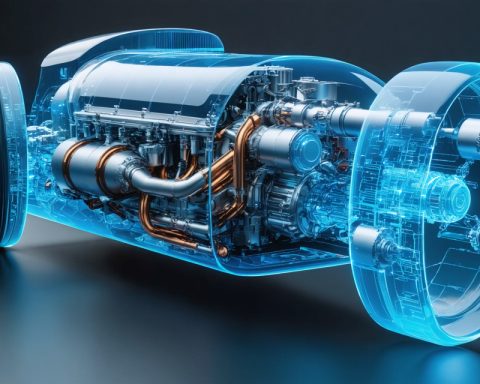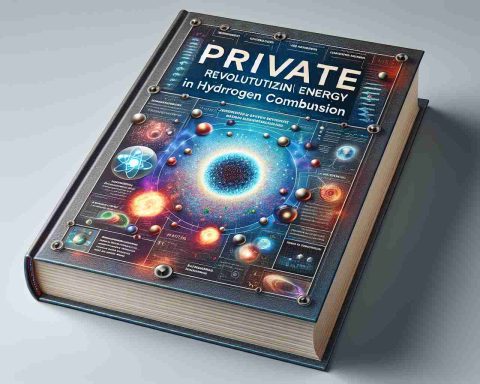Browse TagHydrogen Combustion
Hydrogen combustion refers to the chemical reaction that occurs when hydrogen gas (H₂) reacts with oxygen gas (O₂) to produce water (H₂O) and release energy in the form of heat and light. This reaction can be represented by the balanced chemical equation:2H₂ + O₂ → 2H₂O + energy.In this process, hydrogen acts as a fuel, and the combustion can occur in different environments, such as in internal combustion engines, fuel cells, or combustion turbines. The energy released during hydrogen combustion is a key aspect of its use as a clean energy source, as the primary byproduct is water vapor, making it environmentally friendly compared to fossil fuels that emit carbon dioxide and other pollutants. The efficiency and environmental impact of hydrogen combustion applications are important considerations in the development of renewable energy technologies. Hydrogen combustion can be utilized in various sectors, including transportation, power generation, and industrial processes, as part of strategies to reduce greenhouse gas emissions and enhance energy sustainability.













